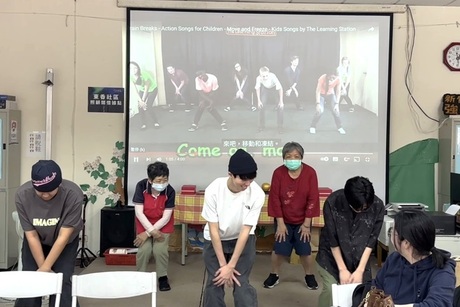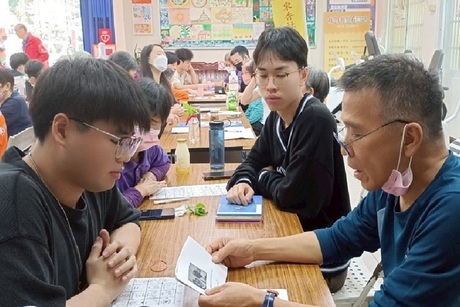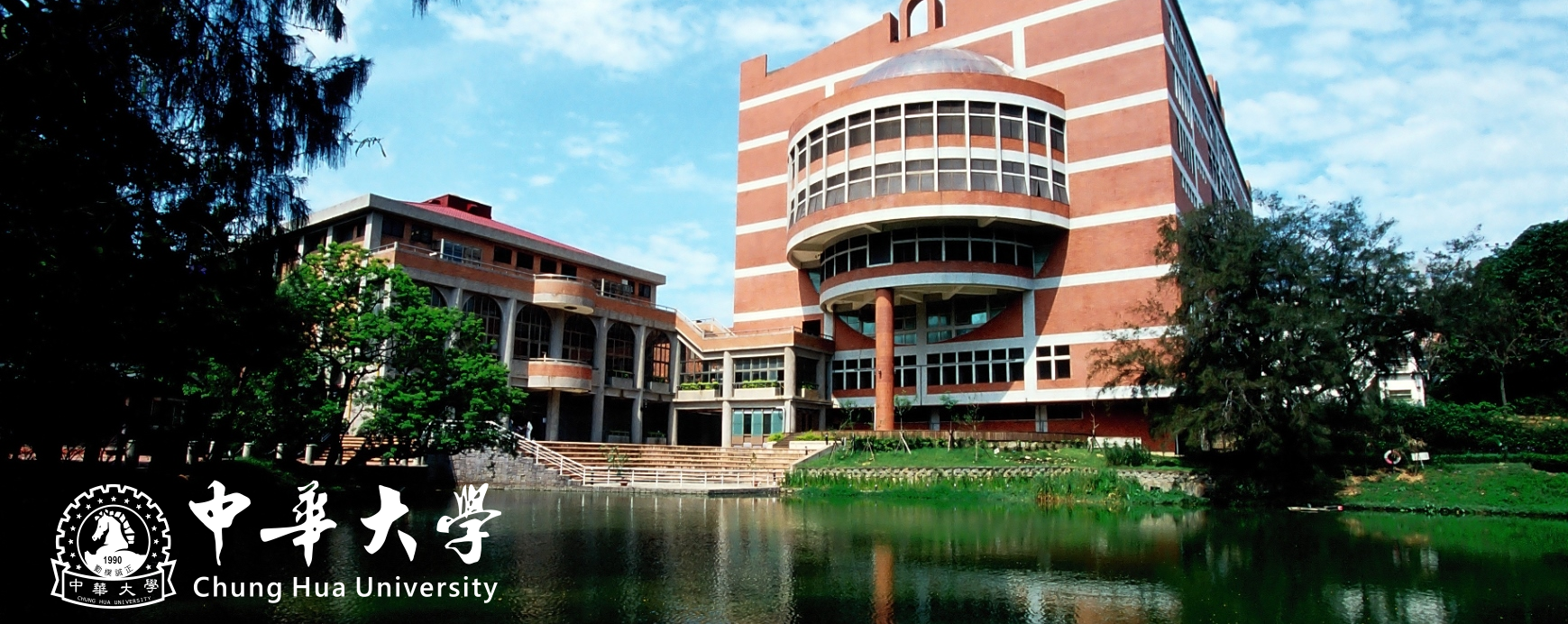[May 15th 2025] Intergenerational Learning and Exchange! CHU’s International Students Help Elderly Learn English with Joy


2025-05-15│ Secretariat "Coming to Taiwan not only to learn Chinese, but also to teach English!" To promote intergenerational learning, strengthen community cohesion, and fulfill USR (University Social Responsibility), CHU recently organized an event where 20 international students from Japan, Malaysia, Indonesia, and Vietnam, along with Taiwanese students, used creative dance and teaching methods to help elderly members of the Dongxiang Community Development Association learn English through fun activities. The elderly participants exclaimed: "How heartwarming! Now we won't worry about communication problems when traveling abroad."
Amy Chuang, head of the Student Affairs Section of the International Studies Department who oversees the program, explained that to promote interaction and learning between different generations, the university has collaborated with the local Dongxiang Community Development Association and Jiadong Community for many consecutive years. With a frequency of twice per semester, they go deep into the community to help elderly residents learn and exercise through singing activities. This time, the 20 international students took advantage of this precious opportunity to showcase their long-practiced song "Move and Freeze" with accompanying movements, successfully "breaking the ice" with the elderly. This not only helped the seniors learn English intonation but also allowed them to stretch and exercise their bodies, while enabling students to develop a sense of responsibility and experience in helping others, truly implementing USR university social responsibility.
Photo: CHU’s International students integrated English teaching through sing-along activities, not only helping elderly learn English intonation but also allowing them to stretch and exercise their bodies.
The students gained tremendously from this teaching experience. Nguyen Thi Hong Cam from Vietnam said this off-campus activity was quite special, and seeing the elderly participants' enthusiasm for learning during the teaching process was very moving, making her deeply appreciate the importance of lifelong learning. She not only learned how to communicate with elderly people but also understood the importance of patience and empathy. In the future, she will cherish time spent with elderly people and continue contributing to society. Mineyama Yumeka from Japan mentioned that initially, the elderly couldn't understand English at all, so considerable effort and time were spent on teaching. However, with the help of picture cards and gestures, the elderly learned remarkably quickly and displayed perfect performance in the formal presentation. During the process, many elderly participants who were proficient in Japanese actively shared Taiwanese culture and gave full encouragement to the serving students, which moved everyone greatly. If given the opportunity, she would definitely serve the elderly again.
Photo: Elderly participant Chingle Huang (right 1) was very grateful for the students' patient teaching, allowing the elderly to learn without pressure.
After the class ended, Yuming Ke, an elderly member of the Dongxiang Community Development Association, said that all the elderly participants were very happy and learned many English words and sentence patterns through the program, so they won't worry about not understanding when traveling abroad in the future. Elderly participant Chingle Huang pointed out that the atmosphere became joyful as soon as the students arrived, and although he learned slowly, the students were very willing and patient to teach, allowing the elderly to learn without pressure, for which he felt grateful and happy.
CHU has long been committed to promoting holistic education and social practice. Through the "intergenerational learning" model, it connects young students with local elderly residents to jointly create a cross-generational learning platform. In the process of mutual companionship and inspiration, this not only promotes intergenerational exchange but also deepens students' understanding and practice of social care. In the future, the university will continue to combine community needs with educational resources, promoting more meaningful learning interactions to jointly create a warm and inclusive educational environment.


